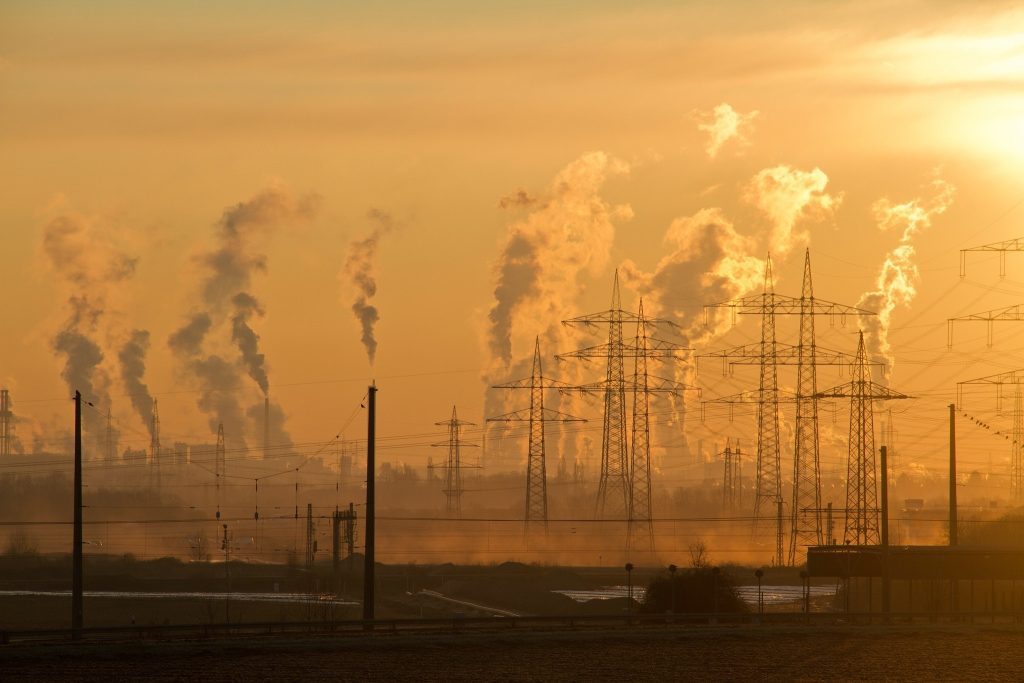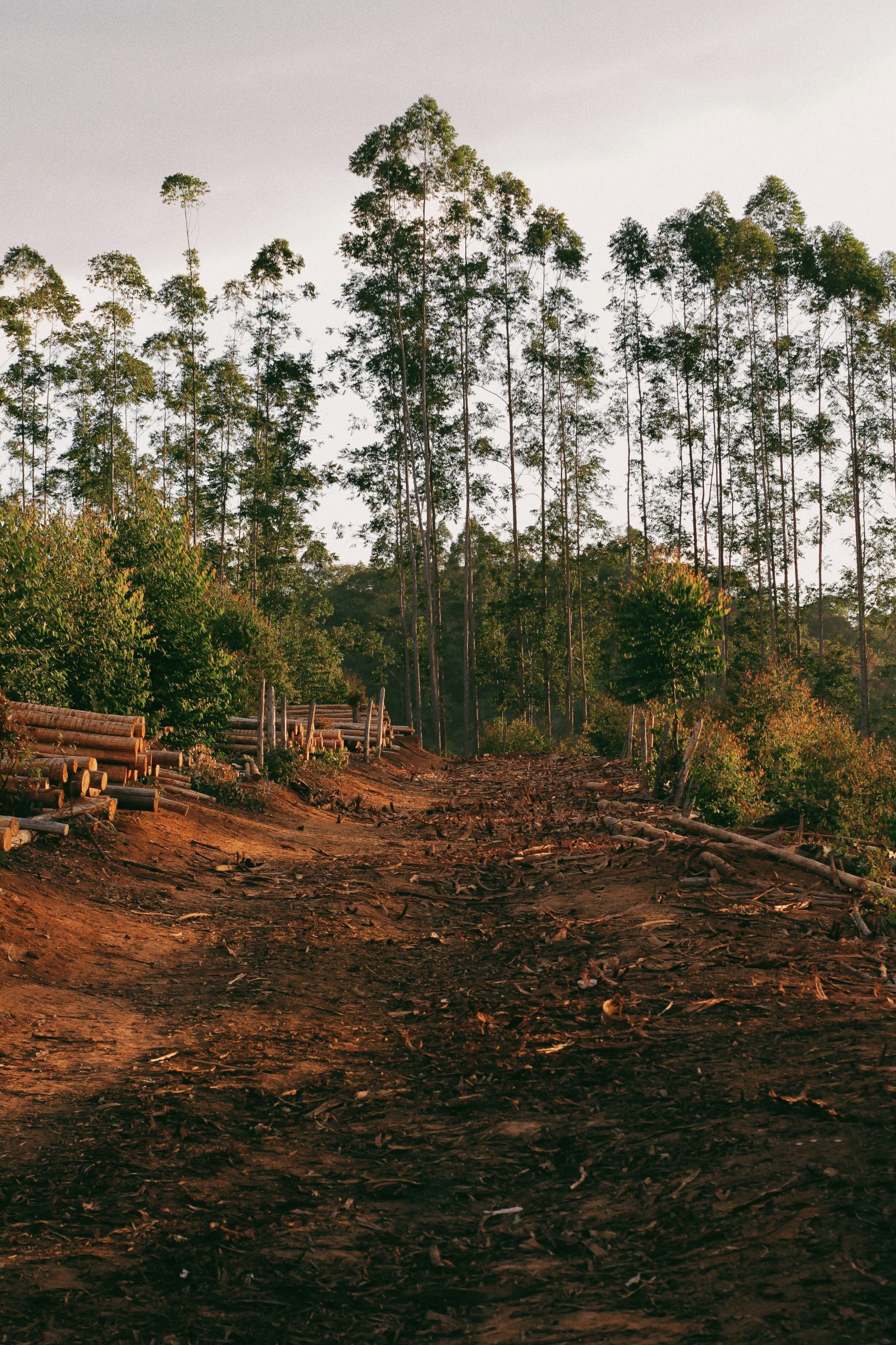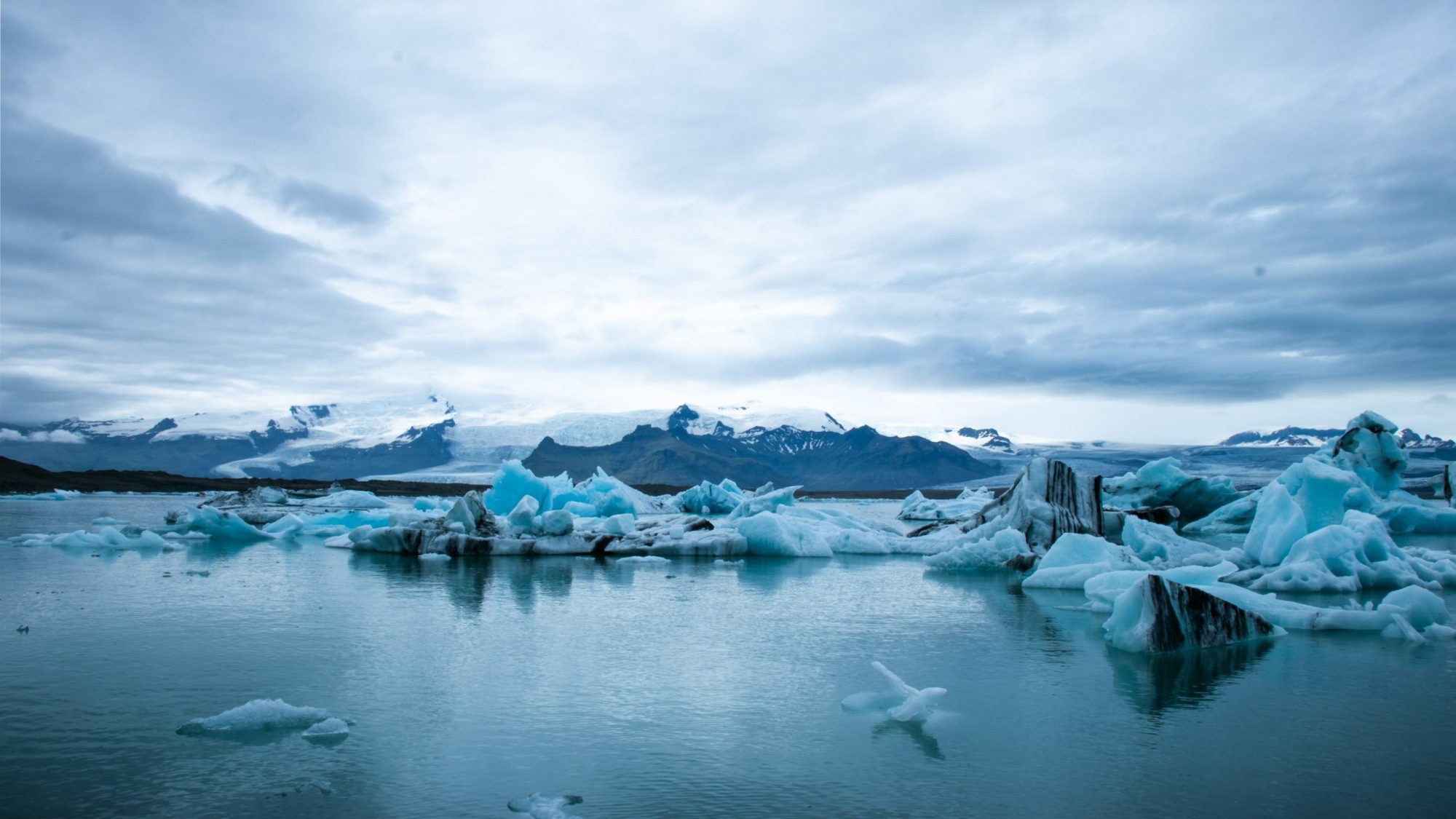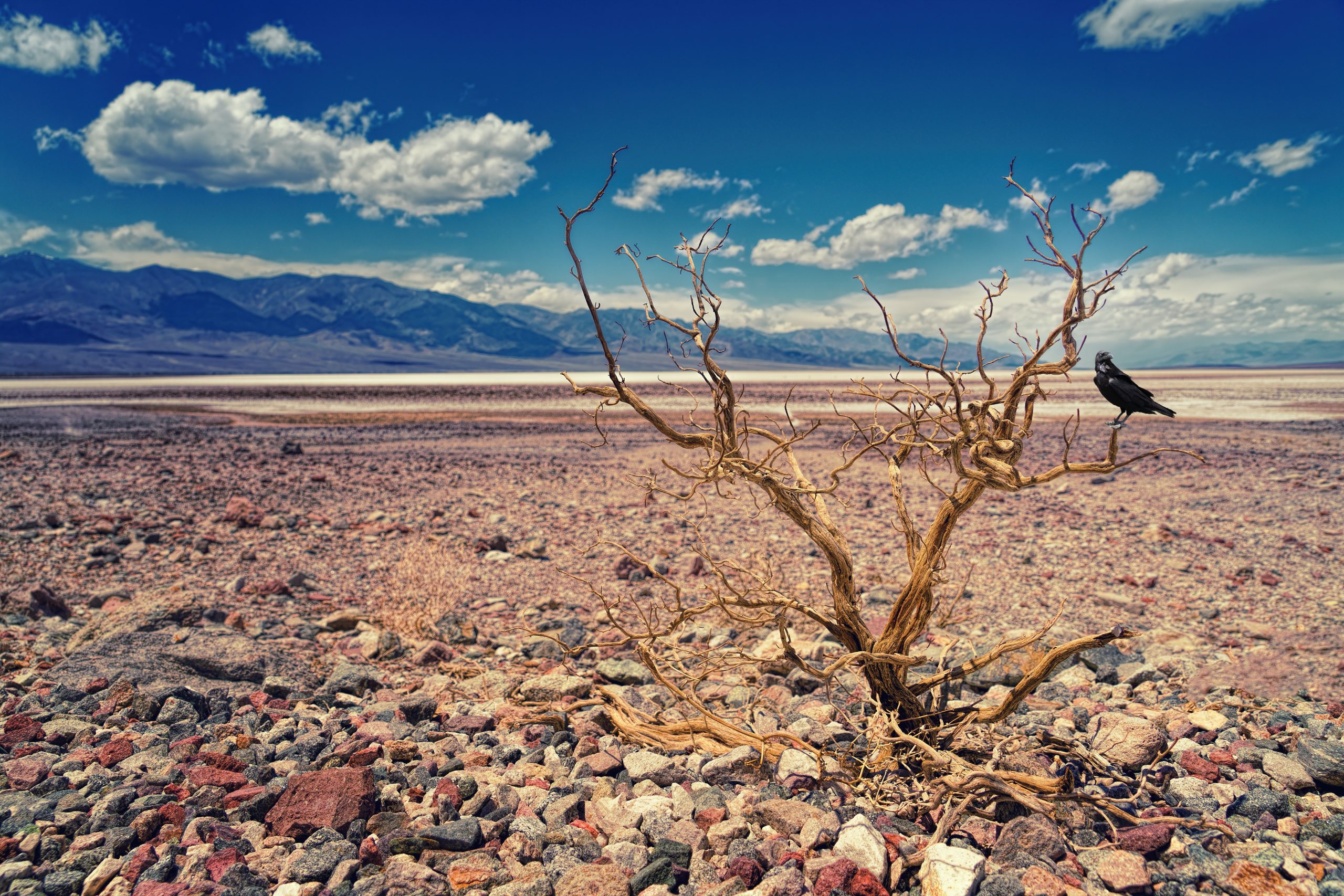Waste is a major environmental problem that has far-reaching consequences for our entire planet, not just our local area. From pollution and deforestation to climate change and the destruction of natural habitats, the damage that waste causes to our environment simply cannot be ignored. In this article, the Brown Recycling team will take a look in detail at the ways in which waste damages the environment and what we can do to reduce its impact.
Pollution
One of the most significant ways that waste damages the environment is through pollution. When waste is not disposed of properly, it can contaminate the air, water and soil. For example, plastic waste can release harmful chemicals into the environment when it is incinerated or left to decompose in landfills. These chemicals can leach into the soil, contaminating the food chain and posing a risk to both humans and animals.
Gases produced as a result of waste incineration can also lead to acid rain, which takes vital nutrients from the soil, harming the development of plants in the area. On top of this, the ash that’s produced as a byproduct of waste incineration contains heavy metals and other dangerous toxins.

Deforestation
Waste actually contributes indirectly to deforestation in a number of ways. For example, the production of paper and other wood-based products requires the cutting down of trees, which leads to the loss of natural habitats and biodiversity. Similarly, food waste also contributes to deforestation because the more inefficient we are with food production, the more space we need to create in order to produce more food.

Climate change
When organic waste such as food scraps and other forms of household waste decompose in landfills, they release methane, a powerful greenhouse gas that is much more harmful than carbon dioxide. On top of this, the production and transportation of goods, including waste disposal, require a great deal of energy and contribute to carbon emissions considerably.

Destruction of natural habitats
The destruction of natural habitats is one of the biggest problems we’re facing as a result of plastic pollution, particularly in our oceans. According to recent studies, there are 46,000 pieces of plastic in every square mile of ocean. This poses a serious threat to marine life and impacts entire ecosystems. Animals such as turtles, fish and whales all consume pieces of plastic that they mistake for food, and most species don’t have stomach acid strong enough to break down the plastic, which eventually leads to starvation.

Brown Recycling is one of Stoke’s leading waste management companies. Offering both skip hire and a variety of recycling and waste disposal services, you can count on us to get the job done properly. You can even get a quote for your skip or your waste online. If you would like to learn more about the different ways that we can help you stay on top of your waste, all you have to do is get in touch.





